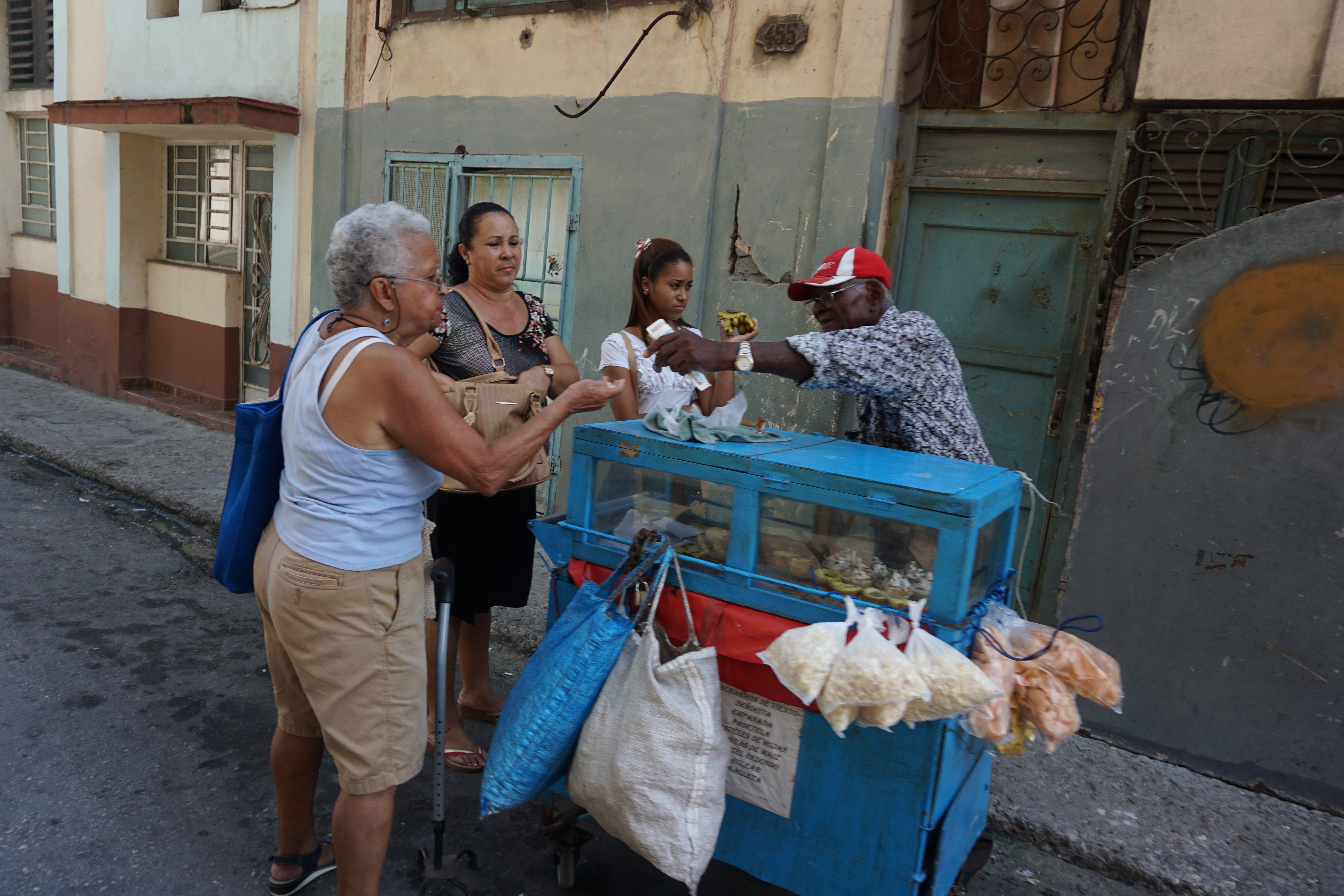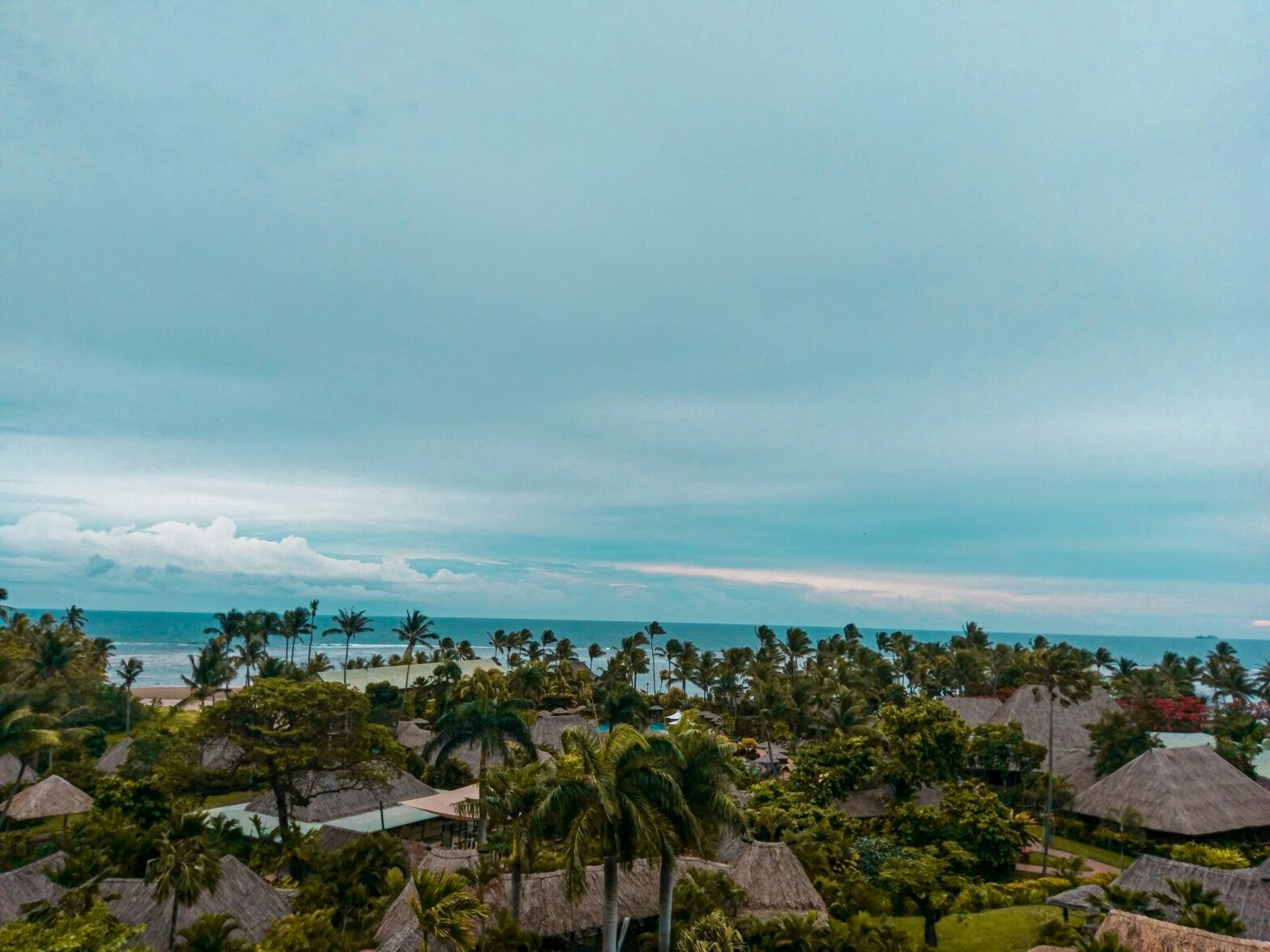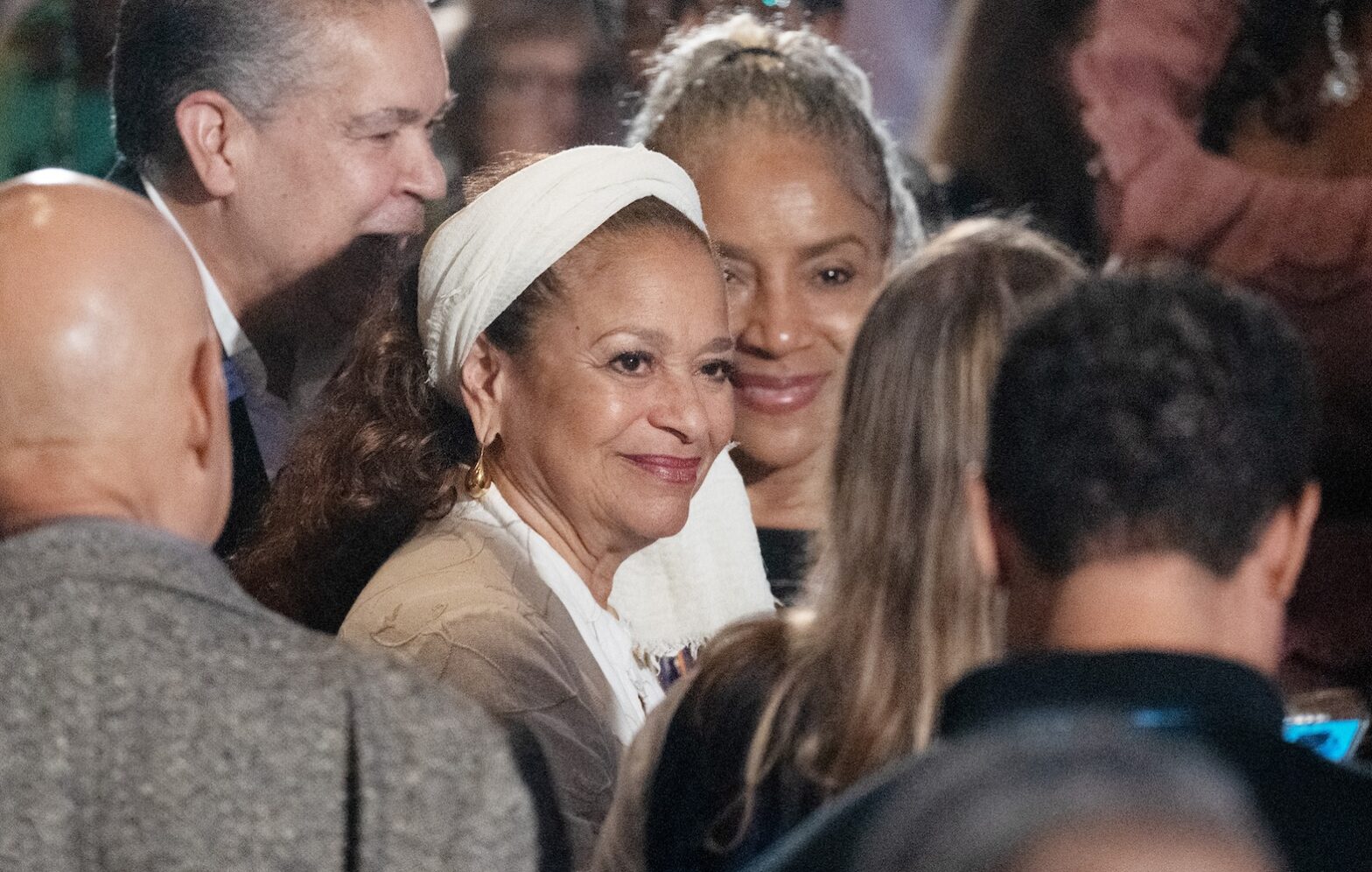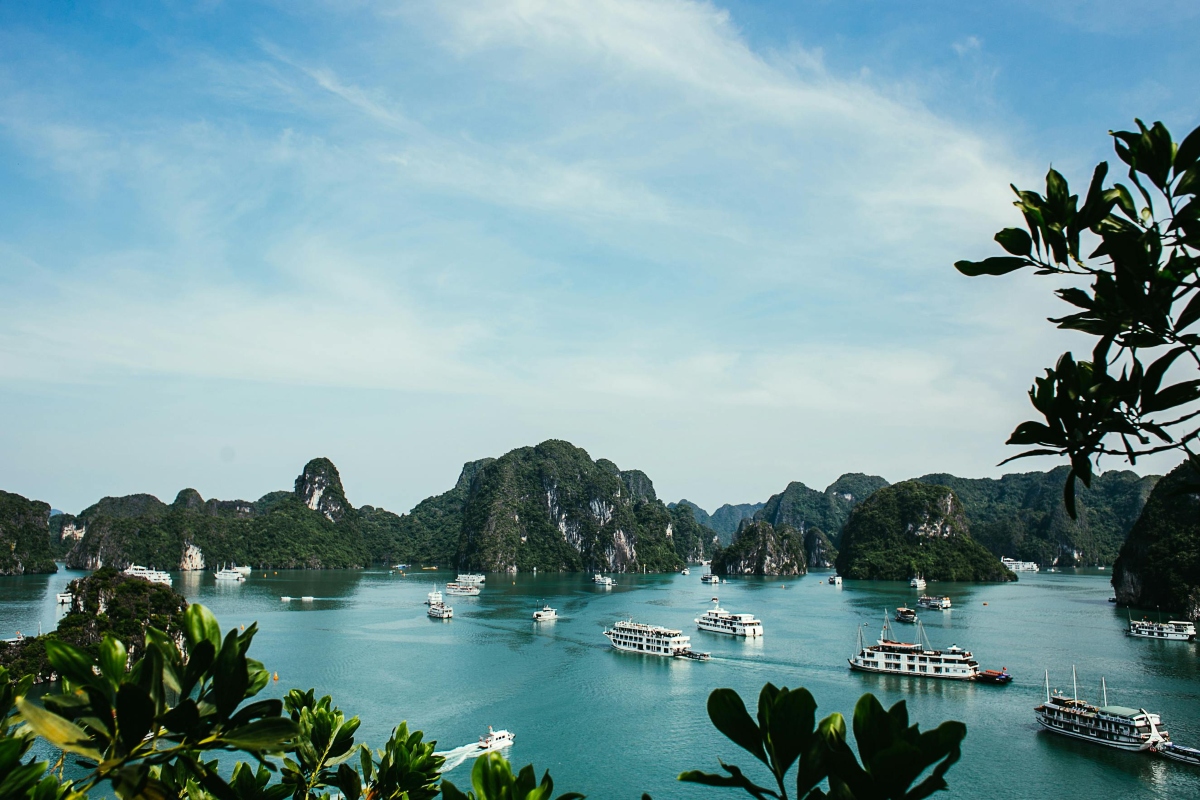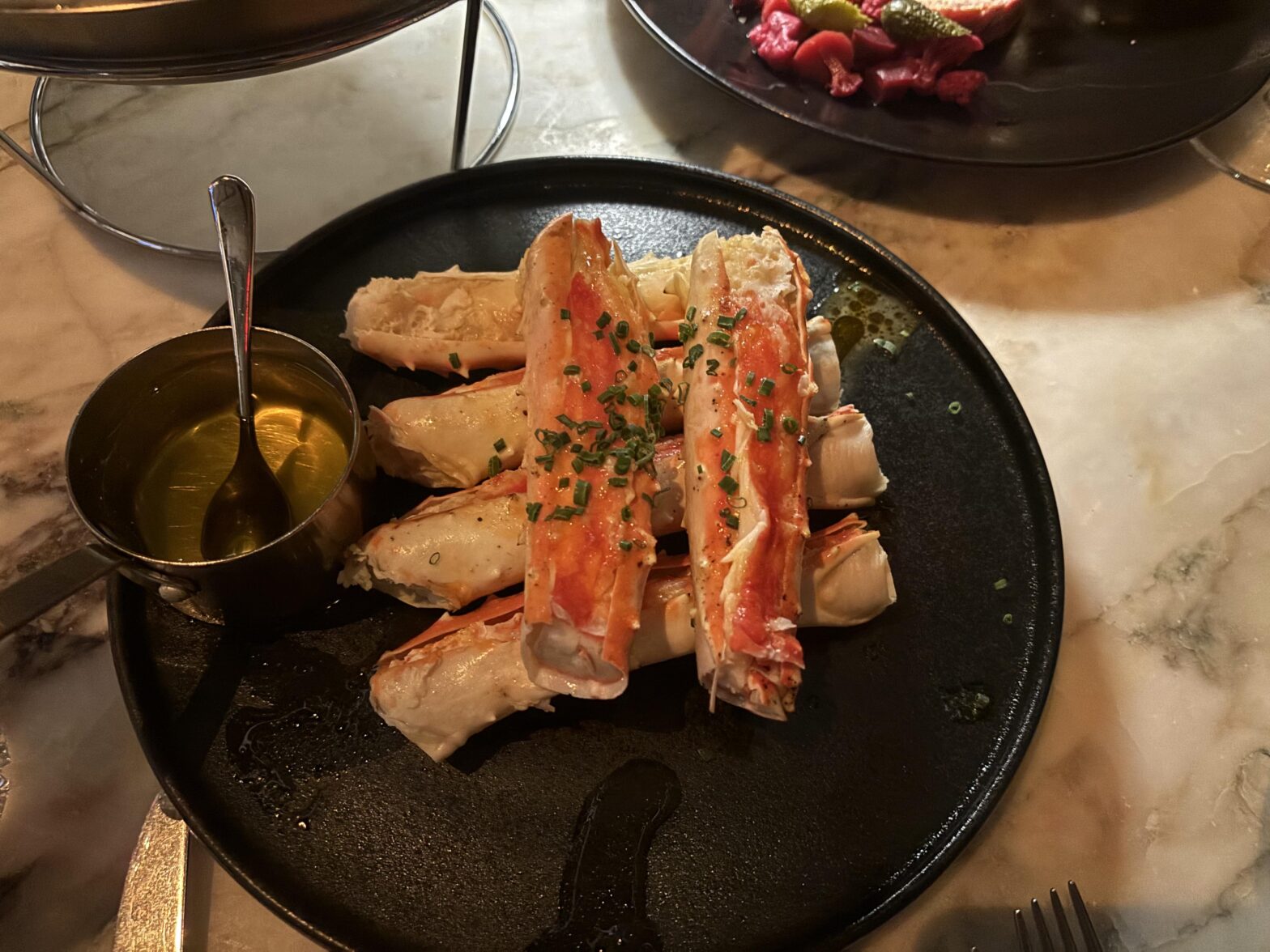When I booked my trip to Havana, Cuba, I was excited, nervous, and if I’m being completely honest, just about ready to figure a way out of the trip due to fear. Booking a solo trip to the country known for its cigars, classic cars, and rum meant a lot to me, but I was nervous because it was my first solo international trip.
Before I made my way to Cuba, most of the people in my life wondered why on earth I’d chosen to take a trip to a “communist, third world country with limited Wi-Fi”. My answer was simply “because I want to.” I thought this trip would be a way for me to disconnect from the world and “relax” in someplace new and experience a different culture, but my trip did more than that. I became a student of the culture and did my best to soak up every bit information I could from my tour guides, Airbnb hosts, and the locals I met over the 8 days I spent there.
With Cuba being a mere 90 miles away from the US, we are more alike than different. I noticed Cuba’s African roots, although based on a census report, 64 percent of Cubans identified as white. I saw people that looked like me everywhere as I explored the city and even was mistaken for a local until I opened my mouth to speak.
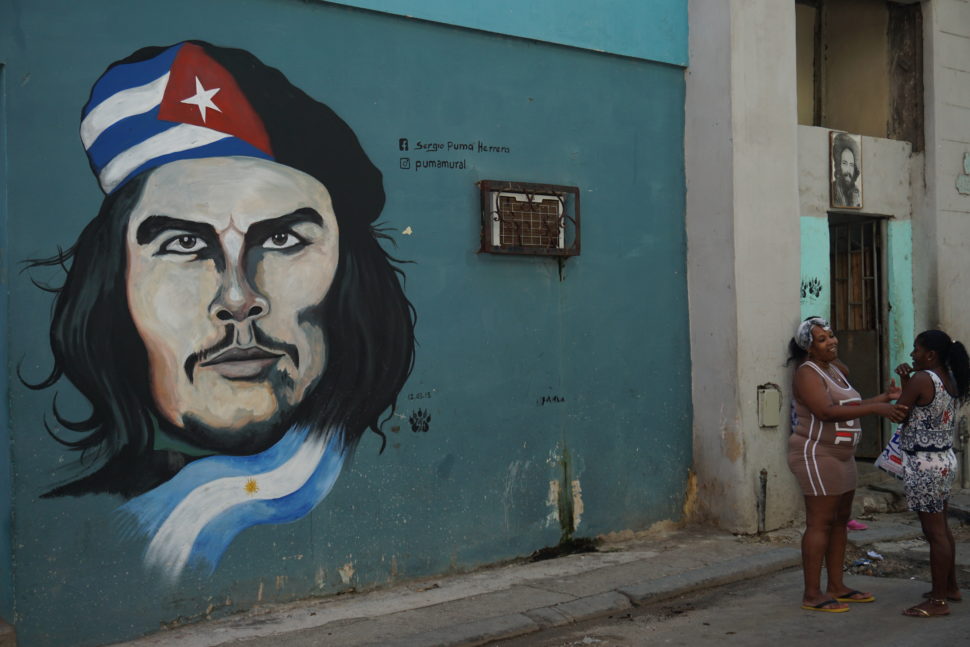
Cuba’s history, like much of the rest of the world, was impacted by the slave trade, with the historic Amistad rebellion at the forefront of that history. Spanish colonizers forcibly took nearly 8,000 West Africans to Cuba to work the sugar plantations, and by 1838, that number grew to 400,000. Though I dive too far into that part of Cuban history on my tours, I got schooled on the economics of Cuba, thanks to an Airbnb experience I booked with Jorge, an economist. Jorge, like most millennials, wants to influence change that impacts his country in a positive way. He’s sharing his knowledge of his home country while taking advantage of the monetary opportunity that is opening up due to Cuba’s growing tourism industry for which he and many Cubans, thank President Obama.
While Jorge is making a business out of enlighting curious tourists, he explained that the average salary for a Cuban in the workplace is 23 CUC, which is the equivalent of $23 a month in the United States. While doctors and lawyers make 50 CUC per month, and much like teachers in the US, the teachers are underpaid and earn an average 25-27 CUC a month. The low salaries leave many people finding ways to hustle on the side by doing things like opening their homes to tourists with casa particulars, driving (or peddling) taxis, and creating Airbnb Experiences.
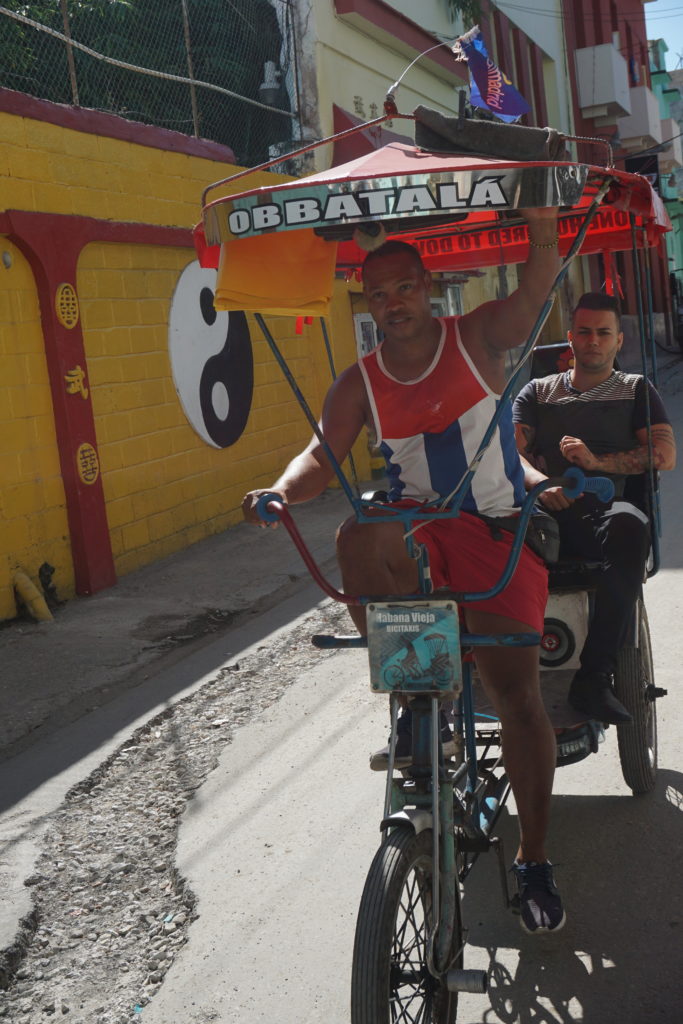
During our walking tour of Havana, we stopped by the home of Jorge’s sister-in-law, Claudia. She, unlike most young people, owns the home she, her husband, and her son share — thanks to a member of her family passing the home down to her. Since Cuban banks don’t offer mortgages, you must come up with the capital for the full price of the house. That price average is 20,000 CUC, but on a salary of 25 CUC a month, home ownership is usually reserved for the well off.
We talked about motherhood, a topic that stood out to me. Claudia shared her personal experience with us about the difficulties she had breastfeeding after she gave birth to her son. She was unable to produce enough breastmilk to feed her little boy, and feeding him fresh milk or baby formula as an alternative wasn’t an option for her for two reasons: fresh milk isn’t available in Havana (at least not in the grocery stores) and baby formula isn’t available. Luckily for her, Claudia’s father who lives in Miami, was able to fly over Enfamil to help her get the baby’s weight to a healthy number.
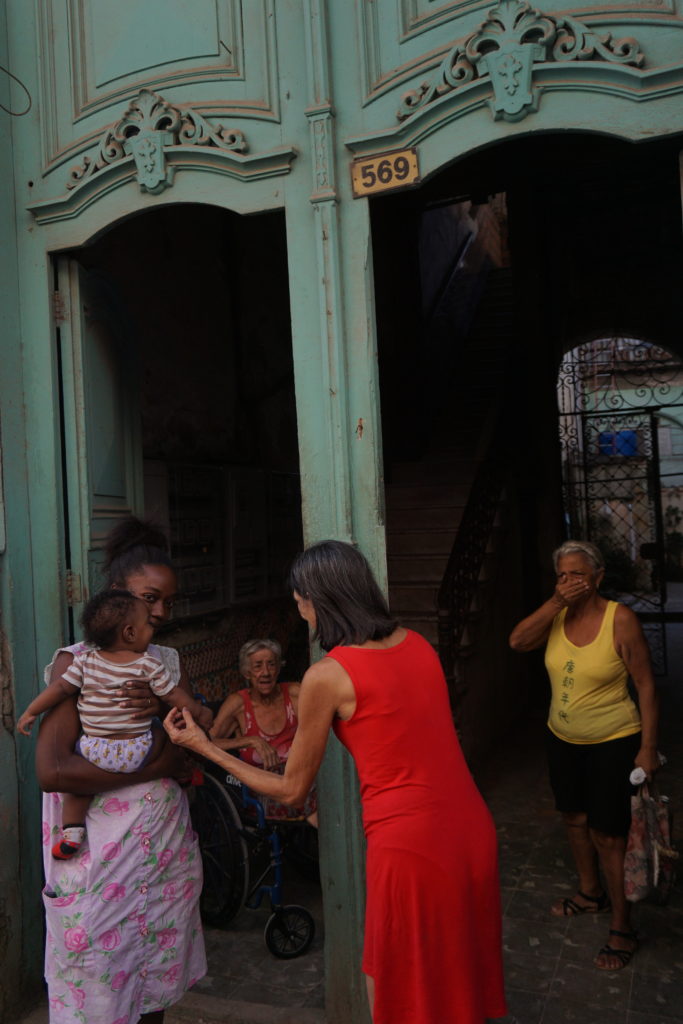
So many travelers are in awe of the culture that Cuba has to offer — it’s like stepping back in time, but much of how the Cuban people live is done out of necessity, not solely out of the love of classic cars or whatever stereotype we see when we type Cuba on Google.
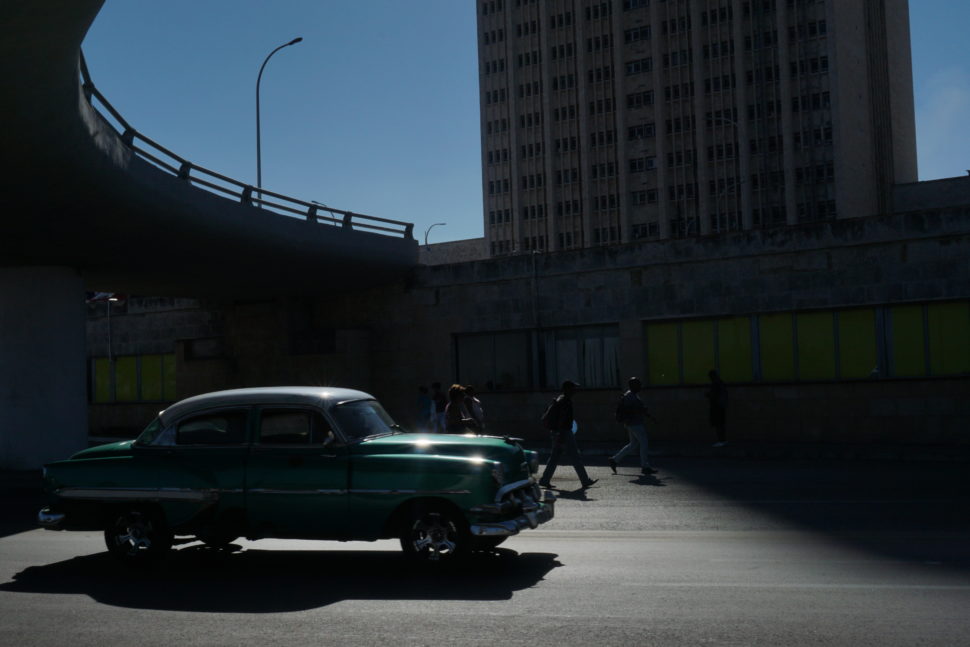
Each time I got into a 1950s taxi, I wondered how the drivers managed to keep the cars running. I never got an answer to that question, but I found out that taxi driving is one of the highest paid professions in the country, and many of the drivers are university educated. Like many major cities, there wasn’t a shortage of street vendors selling things like sesame crakers on the street that many locals eat with pasta. No, not the Italian version you’re thinking of, but it is a dip that is made with mayonnaise, mustard, ketchup, garlic, pepper, and salt — it’s delicious.
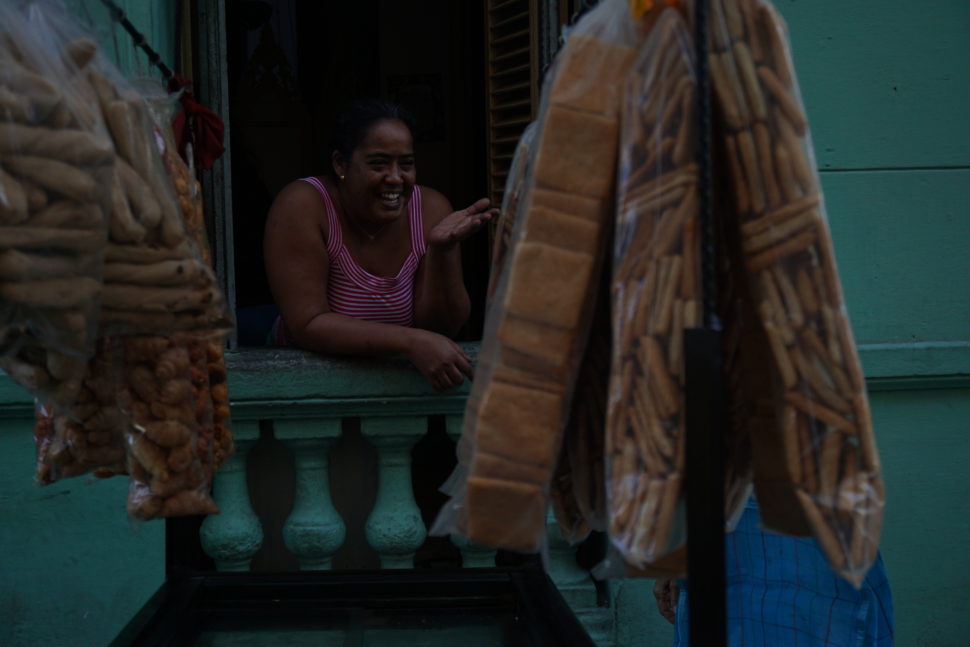
Before coming to Cuba, I’d read about the country’s food rationing system that consists of a monthly ration of one liter of cooking oil, a pound of spaghetti, three pounds of sugar, six pounds of white rice, twenty ounces of black beans, and about two pounds of pork or chicken per month. Fresh fruit and vegetables are an option at local markets if families can afford it.
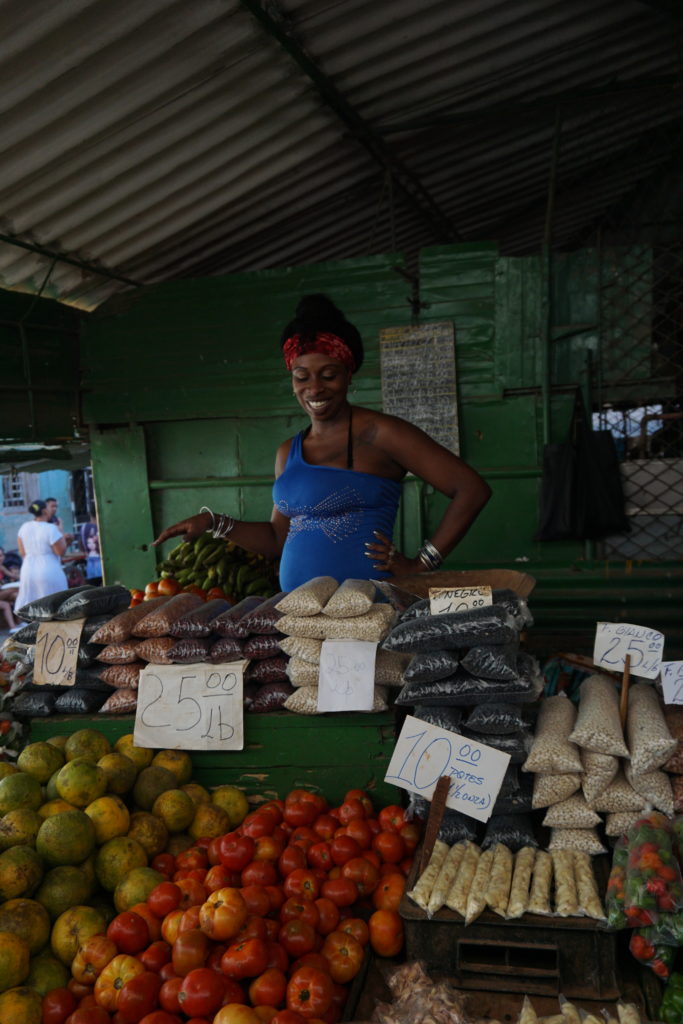
As an American, I came to Cuba with the idea that the country was a novelty. Like many tourists, I thought about the pictures I’d get to take with the cool cars, the outfits I’d get to show off, and the food I’d get to try. But as I interacted with the locals, I realized that much of what I saw as “cool” was just them living their daily lives. I also found myself inspired every day by the resilience, innovation, and entrepreneurial spirit of the people I met. I thought about what Cuba would be like if they had the support and resources from their government to bring their ideas, big and small, to life.
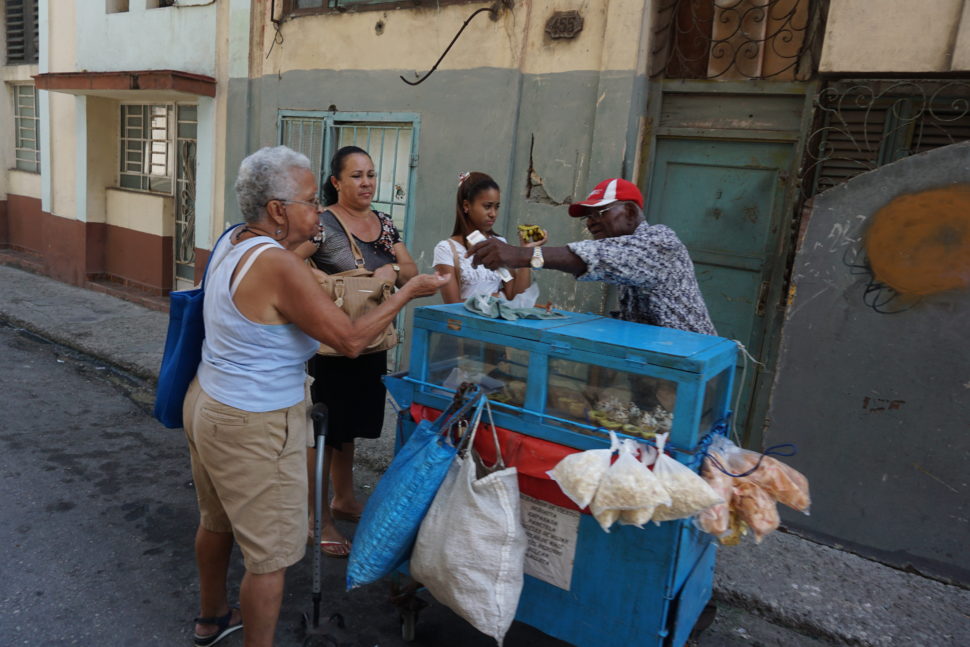
As we were wrapping up our four-hour tour, Jorge said something I could relate to as a black woman in America. “Cuban people are the only people I know that will be up to their neck in water, but still smiling.”
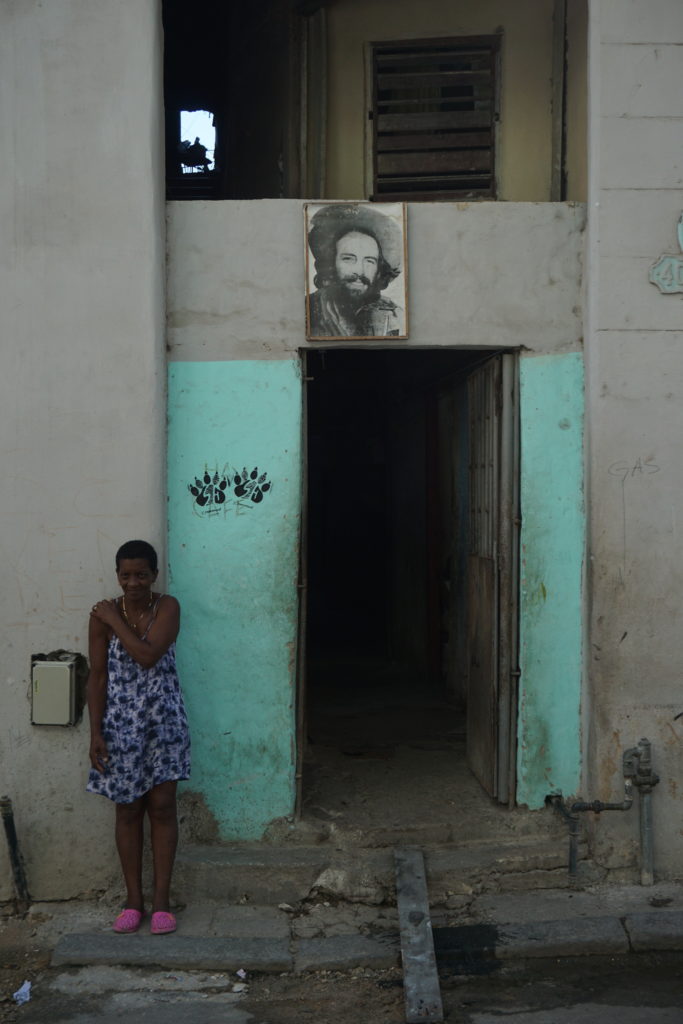
I went into my trip struggling with a severe case of work FOMO, so much so that I was one phone call away from calling Delta and canceling my flight. But as I drove away from my casa on my last day in Havana fighting back tears, I realized I was right where I needed to be. I realized everything I was missing out on at work could never make up for my the experiences and lessons Cuba gave me.
